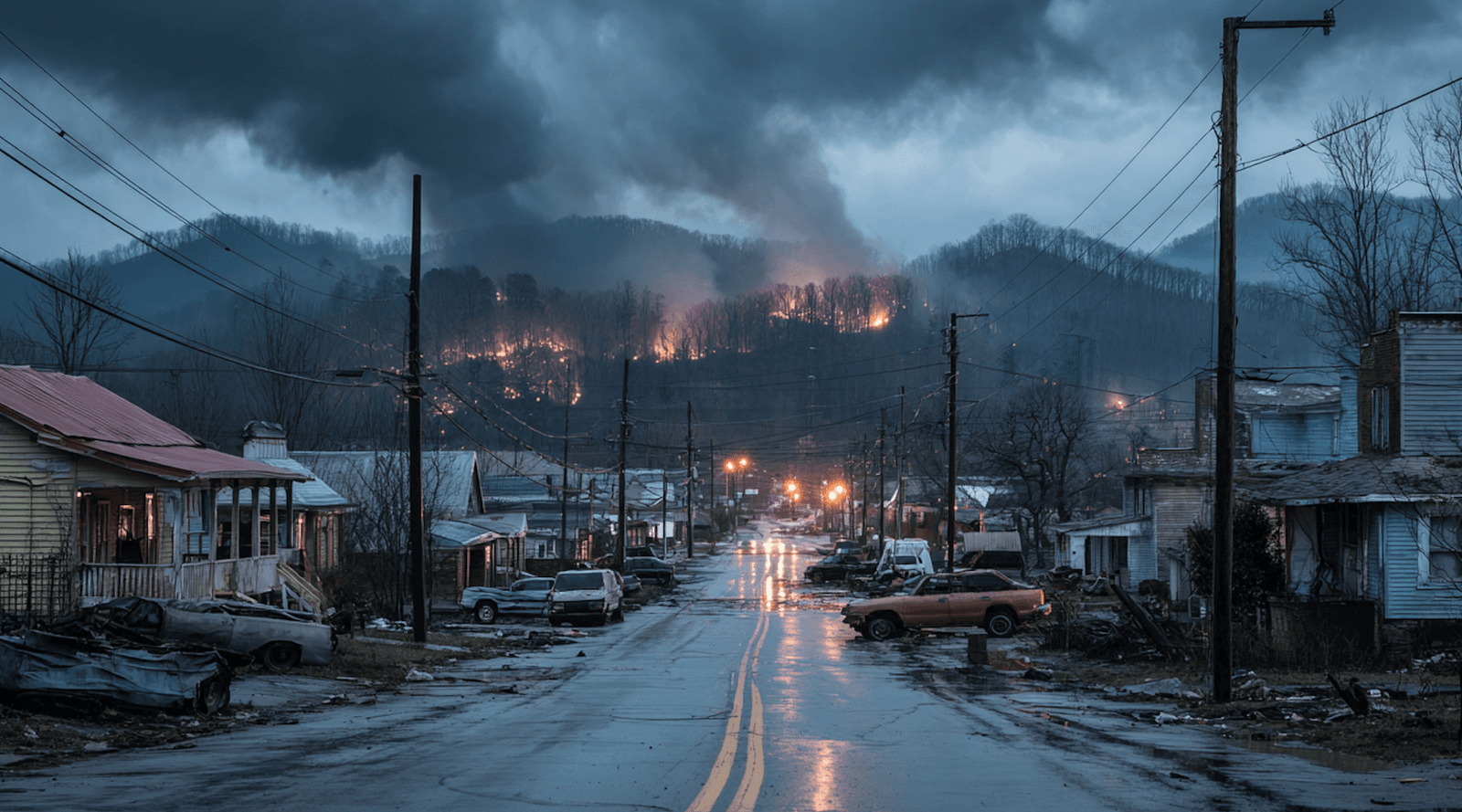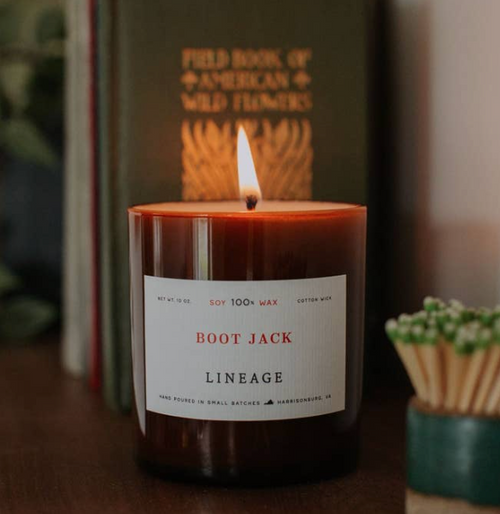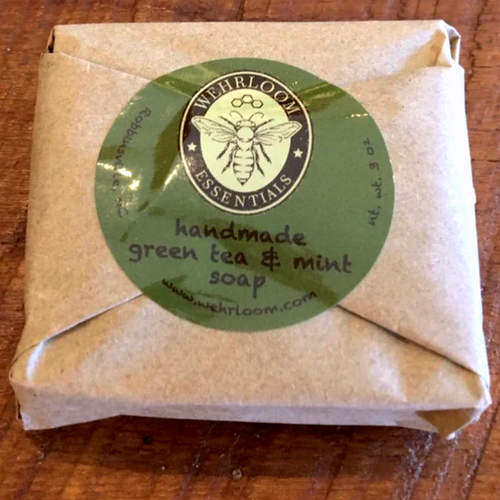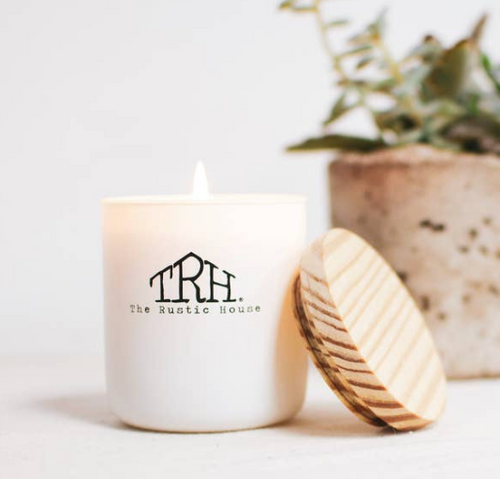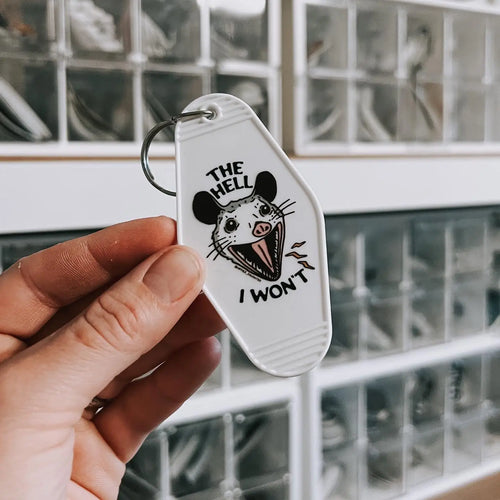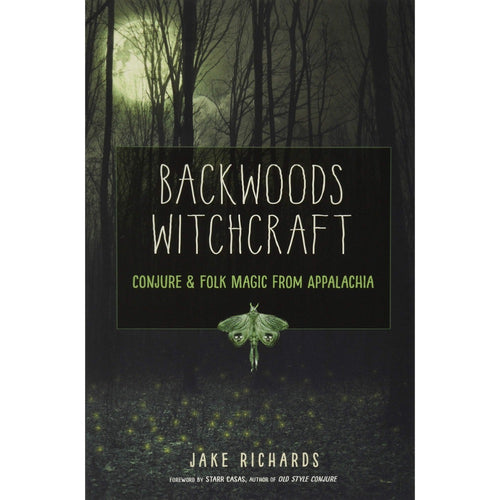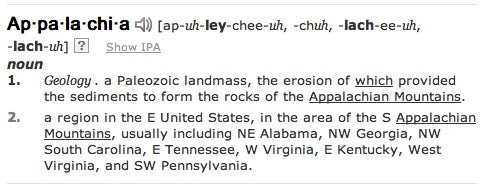
We don't need Merriam Webster to tell us that the word's third vowel can be a short A or a long A. If you've spent fifteen minutes in the mountains and fifteen minutes anywhere else, you know that.
You also know that this little difference in pronunciation can lead to some big arguments. I've seen folks launch into fiery diatribes to defend their version. Long A People say that Short A People don't know how to speak proper English and ought to get their snaggle-toothed selves on a bus, plane, or train and learn how the rest of the country talks. Short A People point out that the dictionary has both pronunciations and then call Long A People a bunch of vocal imperialists who wouldn't know the value of local identity if it smacked them in the behind.
From this point on, broken beer bottles or firearms are often involved. I can't say who comes out on top, because I usually make a quick retreat. But I bet you can tell me--who's right? And why on earth does this one little vowel matter so much?
Before you leave your comment, be sure to check out this clip from novelist Sharyn McCrumb. She is the author behind the Appalachian "Ballad" novels, including the New York Times best sellers The Ballad of Frankie,so she knows about dialect. Sharyn doesn't think this is just a case of tuh-mey-toh or tuh-mah-toh. She believes that Appalachia is one mighty important word and how you pronounce it tells the listener a lot about who you are.
http://www.youtube.com/watch?v=eGCqWrsAZ_o



